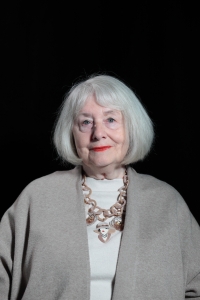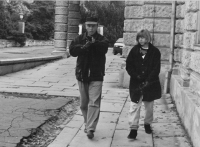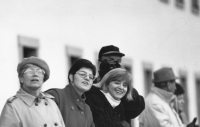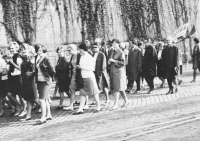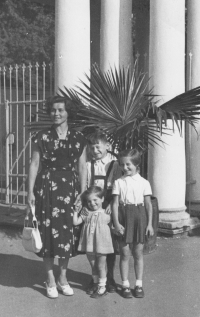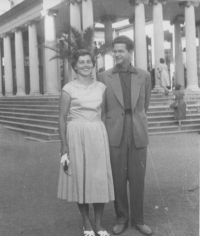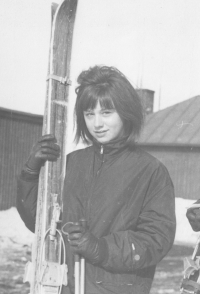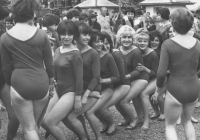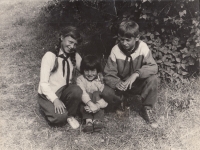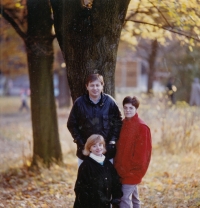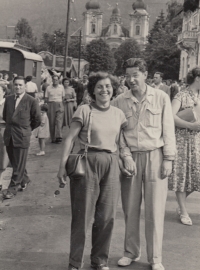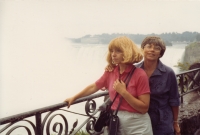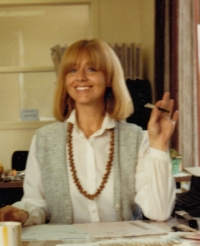When I saw young people getting beaten up on Wenceslas Square, I knew I had to leave

Download image
Jitka Vrátníková was born Jitka Bruderová on 5 January 1948 in Mariánské Lázně. Her parents, influenced by post-war idealism, moved to the West Bohemian borderlands, where her father worked as a teacher and later founded a special school in Mariánské Lázně. Jitka graduated from a mathematics and physics grammar school and then from a two-year socio-legal school in Prague. During her studies she was active in the Czechoslovak Youth Union, but because of her critical views she came into conflict with the officials. After graduation, she took a job in an experimental child psychological counselling centre in Cheb. In 1968 she lived through the invasion of Prague by Warsaw Pact troops. In January 1969 she intensely experienced the self-immolation of Jan Palach. She shared her feelings with a young man who later became her husband. In August 1969, on the first anniversary of the occupation, she witnessed a crackdown on demonstrators on Wenceslas Square, which profoundly influenced her decision to emigrate. They made their way to Canada via Zirndorf and Wiesbaden, Germany. There they settled in Toronto, where Jitka worked at Alcan, implementing information technology. Her husband worked in the IT sector. She never regretted emigrating, although it severed her family ties for many years: her father died in 1977 without her ever seeing him again, and her mother came to Canada for occasional visits in the 1980s. Jitka Vrátníková was reunited with her sister only after 1989.
